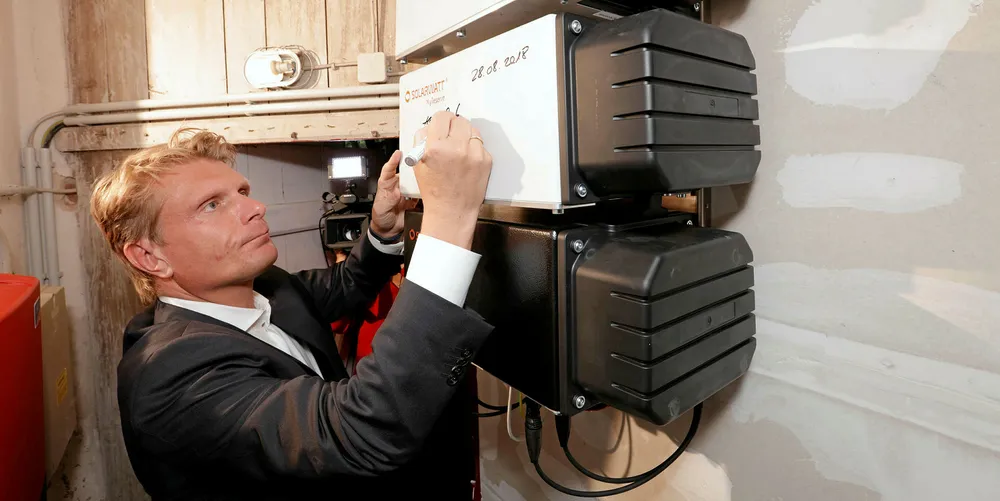Solar storage systems double to 200,000 in Germany as prices plunge
Storage systems matter in Europe's largest economy as the share of solar in its power mix rose to 9% last year

Storage systems matter in Europe's largest economy as the share of solar in its power mix rose to 9% last year
